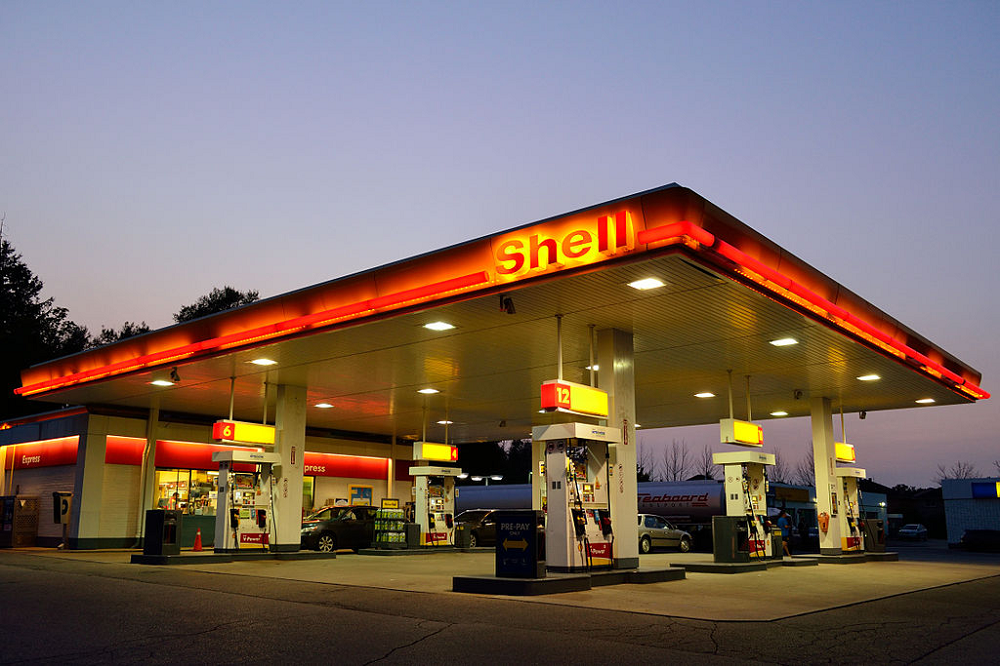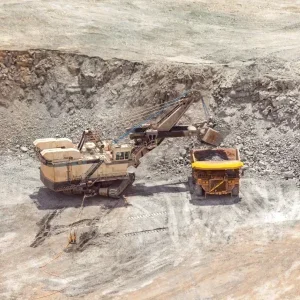
Significant asset writedowns continue to be taken by Big Oil amid the market pressures of coronavirus, as Royal Dutch Shell and Total announced combined impairment charges of almost $25bn in their second-quarter results.
Both majors have revised their long-term commodity price outlooks to reflect the collapse in demand this year during global lockdowns, leading Shell and Total to take account-book hits of $16.8bn and $8.1bn respectively.
The moves follow that of UK rival BP, which last month confirmed it would take a $17.5bn portfolio writedown as it lowered its pricing outlook for oil and gas over the coming decades.
It is a trend that analysts expect to continue as extractive companies come to terms with the prospect of stranded assets as commodity prices remain subdued amid the pandemic, adding to the pre-existing, longer-term pressures of climate change and the clean energy transition.
Oil-asset writedowns prompt big losses, despite better-than-expected underlying performance
While both firms managed to outperform analyst expectations in their second-quarter results, avoiding underlying losses over a period that witnessed the worst of the oil market collapse, their respective finances reflect what Shell CEO Ben van Beurden termed “a remarkably challenging environment”.
The Anglo-Dutch producer reported an 82% year-on-year drop in adjusted earnings to $638m during the three months, while French major Total revealed a 96% decline over the same period to $126m.
Taking into account their respective impairment charges, however, Shell posted an $18.4bn loss attributable to shareholders, while Total made a loss of $8.4bn. These figures compare to profits of $3bn and $2.8bn in the second quarter of 2019.
Both groups cited the strength of their trading operations during the quarter for the relative resilience of their finances against analyst forecasts, which had predicted underlying losses. “These results are driven in particular by the outperformance of trading activities, demonstrating the relevance of [our] integrated model,” said Total chief executive Patrick Pouyanné.
Shell warns of delayed oil-price impact on LNG business
Oil prices have recovered since the volatility of March and April when Brent crude fell below $20 per barrel as roughly a third of global demand was wiped out by the effects of lockdowns and travel restrictions.
At just over $40 per barrel, however, the key benchmark commodity is still well below pre-pandemic levels of almost $70 per barrel, as demand remains subdued and fears of a second wave of Covid-19 cause persisting uncertainty within the market.
Shell warned that the impact of low oil prices on its natural gas business is likely to “become more significant” in the third quarter, due to a lag in oil-linked liquefied natural gas (LNG) contracts.
The company’s share price was down almost 2% in early day trading, while Total shares climbed by more than 1%.






